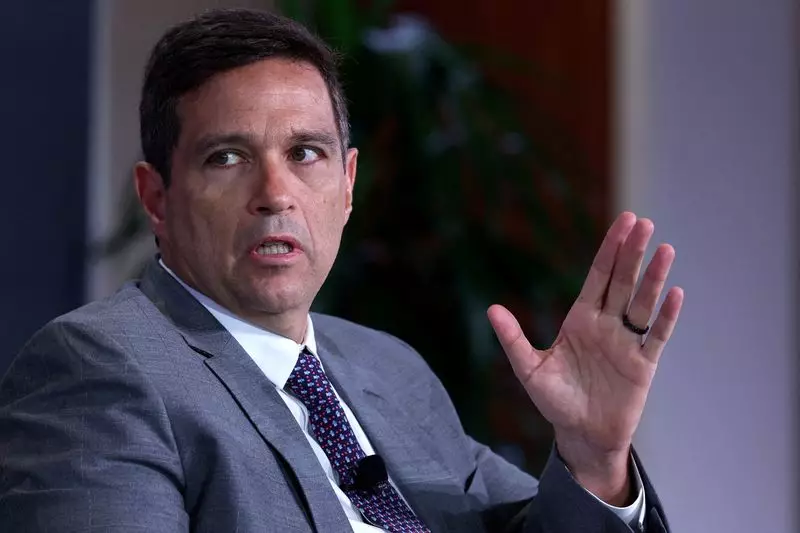The recent market volatility, as pointed out by Brazil’s central bank chief Roberto Campos Neto, may indicate that there is less room for fiscal and monetary intervention in the future. This observation raises concerns about the effectiveness of potential policy tools in addressing economic challenges. Campos Neto emphasized the interconnected nature of monetary and fiscal policies, suggesting that any discussions on monetary transmissions must also consider fiscal issues.
Campos Neto also highlighted the potential impact of China’s deceleration on Brazil, particularly through terms of trade shocks and lower import prices for Chinese goods. The uncertainty surrounding China’s economic slowdown adds another layer of complexity to Brazil’s economic outlook, as the extent of the impact will depend on the severity of the slowdown. The interconnectedness of global economies underscores the need for coordinated responses to emerging challenges.
Against the backdrop of global economic uncertainties, central bankers, including Campos Neto, gathered at the Kansas City Federal Reserve’s annual economic conference to discuss monetary transmission mechanisms. The focus was on understanding how interest rate movements influence economic activity. The recent communication efforts by the Brazilian central bank underscored the importance of unity among rate-setting members and a data-dependent approach to policy decisions.
Challenges in Inflation Control
Brazil has been grappling with rising inflation, as annual inflation reached 4.5% in July, surpassing the official target of 3%. This divergence from the target range signals challenges in inflation control and underscores the need for vigilant monitoring of inflationary pressures. The decision to keep the benchmark interest rate unchanged at 10.5% reflects a cautious approach to policy adjustments, with a potential rate hike on the horizon.
Looking ahead, the Brazilian central bank faces growing pressure to address inflationary pressures and economic uncertainties. Interest rate futures are indicating a high probability of a rate hike in the upcoming policy decision, aligning with market expectations. The looming monetary loosening by the U.S. Federal Reserve adds another layer of complexity to the policy environment, as Brazil navigates through domestic and global economic challenges.
Brazil’s central bank is confronted with a challenging economic landscape characterized by market volatility, global economic uncertainties, and inflationary pressures. The interconnected nature of global economies underscores the need for coordinated policy responses to address emerging challenges. The upcoming policy decision will be closely watched by market participants as Brazil navigates through a complex economic environment.

